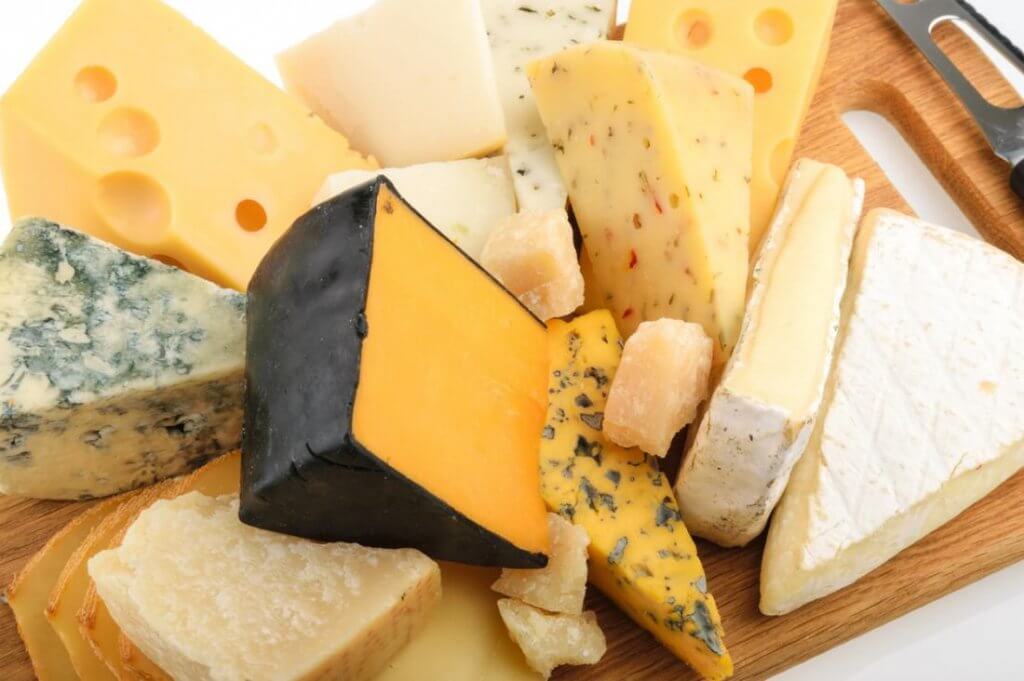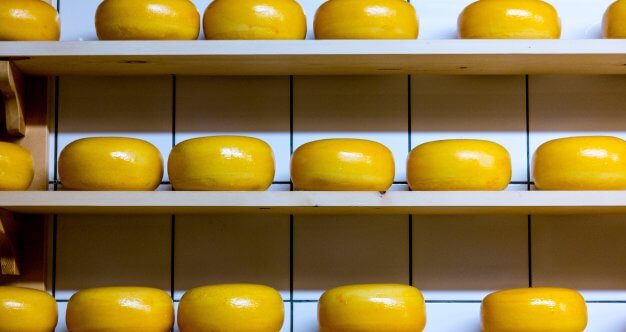The Cheese Debate
- A group of doctors wants the FDA to put a warning on cheese that says “Dairy cheese contains reproductive hormones that may increase breast cancer mortality risk.”
- Experts tell SurvivorNet that the research is murky, and that even in studies that suggest an association between cheese and cancer, it’s really hard to prove that it was actually the cheese, rather than a high-fat diet overall
- One thing doctors do know is that saturated fats can contribute to cancer risk, so it’s better to eat low-fat cheese when you can
Is it true? Should we steer clear of the cheese boards this holiday season, or else risk getting cancer?
Read MoreNot All Cheese is Created Equal
Even with studies that do link cheese to an increased risk of breast cancer, it's really hard to say that the risk had to do with the reproductive hormones in cheese (passed on from cows). Importantly, certain types of of cheese contain a lot of saturated fat, which can lead to obesity, a known risk factor for cancer.
"Dietary studies are hard to do," Dr. Cate said, explaining that to really isolate one food as the factor contributing to cancer risk, you need to have two groups of participants in the study, and you need to control everything else they eat.
RELATED: Alcohol Can Increase the Risk of Developing Breast Cancer
"While we know some foods such as alcohol definitely increase the risk of breast cancer, we are still assessing this for dairy products," Dr. Cate said. In the meantime, you really don't need to worry, just as long as you take an “everything-in-moderation” approach. Not all cheese is created equal, health-wise, so you can also make the decision to opt for the lower-fat versions of your favorite kinds of cheese instead of the high-fat types (which have been linked to heart diseases).
Wait, Isn't Cheese Supposed to Be Full of Health Benefits?
There is research out there that says eating dairy products is good for you; even the PCRM, the group of medical professionals who wrote the petition to the FDA about adding warning labels to cheese, acknowledged this in the petition.
"It should be noted that limited evidence suggested that dairy intake in general (that is, not specifically high-fat dairy products) is associated with a lower risk of breast cancer," the petition reads. "This likely is because health-conscious individuals tend to consume high amounts of dairy products due to their successful promotion as 'health foods.'"
RELATED: You Can Drink The Soy Latte, it Does Not Cause Breast Cancer
The health benefits of cheesewhich mainly come from the protein, calcium, and vitamin D found in dairyshould not be ignored, although it's probably better to get those benefits from low-fat cheese.
RELATED: How to Maintain a Healthy Diet During Chemotherapy
But again, everything in moderation. You can still eat the richer cheeses, just as long as you don't do so every single day.
"We do know that a more plant-based diet is good for cancer risk reduction in general," Dr. Cate said. "So it makes sense to follow an 'everything-in-moderation' diet plan. Don't eat red meat every day, limit high-fat dairy… and limit alcohol consumption."
Diet Can Play an Important Role in Cancer Prevention and Risk
Learn more about SurvivorNet's rigorous medical review process.


